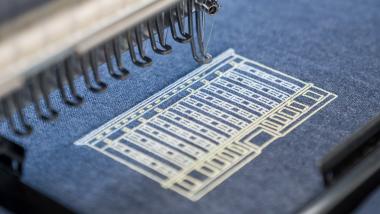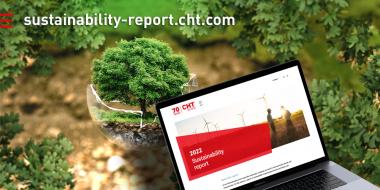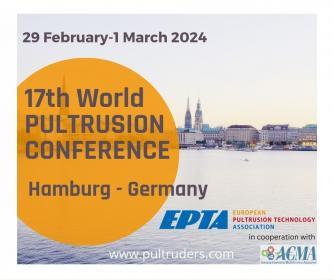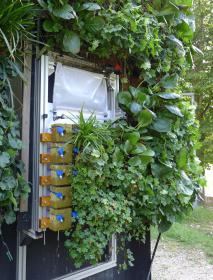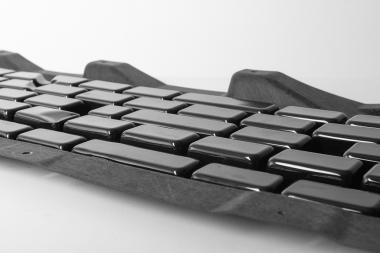HeiQ AeoniQ™ joins Canopy and commits to Forests Protection
HeiQ AeoniQ™ becomes an active brand partner of the Canopy initiative with eleven other companies to address the growing climate and biodiversity crises by committing to keep Ancient and Endangered Forests out of our man-made cellulosic fiber supply chain.
The commitments that HeiQ AeoniQ™ is making are part of solutions-driven non-profit Canopy’s Pack4Good and CanopyStyle initiatives which currently represent collectively 950 brand partners. Together, the initiatives are shifting supply chains away from vital forests to low-impact, circular Next Gen Solutions.
“We must rapidly replace oil-based polyester in the textile industry causing microplastics, global warming, landfill and ecosystem degradation. Cellulose is the most abundant biopolymer in the world and is best suited to replace polyester. However, we must pay attention to cellulose feedstock sources. Our forests, a potential cellulose feedstock, are one of the most important solutions to addressing the effects of climate change. Approximately 2.6 billion tons of carbon dioxide, one-third of the CO2 released from burning fossil fuels, is absorbed by forests every year. Around 12.5% of global greenhouse gas emissions (5-10 GtCO2e annually) come from deforestation. We are losing forests at an alarming rate. Every year, around 10 million hectares of forests globally are destroyed. We need immediate action to increase forests again. Canopy is our go-to partner to replace polyester with circular & sustainable cellulose feedstock for our innovative HeiQ AeoniQ™ fiber revolution.” said Carlo Centonze, HeiQ Group CEO.
Paper packaging is also a key driver of forest loss globally, as 3.1 billion trees are cut down annually to produce the boxes and bags in which products are packaged and shipped. Paper packaging production has increased by 65% over the past two years.
“The range of companies and sectors represented in today’s announcement reflects the breadth of market response to the growing climate and biodiversity crises and intensifying supply chain disruptions,” said Nicole Rycroft, Founder and Executive Director of Canopy. “Today’s brand partners add significant momentum to global conservation efforts and the movement to transform ‘take, make, waste’ supply chains to be lower-impact and Next Gen.”
Today, as part of Pack4Good, HeiQ AeoniQ™ committed to:
- Eliminate Ancient and Endangered Forests from our paper packaging supply chain.
- Reduce material use through design innovation.
- Maximize recycled content.
- Explore and scale alternative Next Gen fibers (such as agricultural residues).
- Where virgin fiber is necessary, use FSC-certified fiber.
HeiQ





